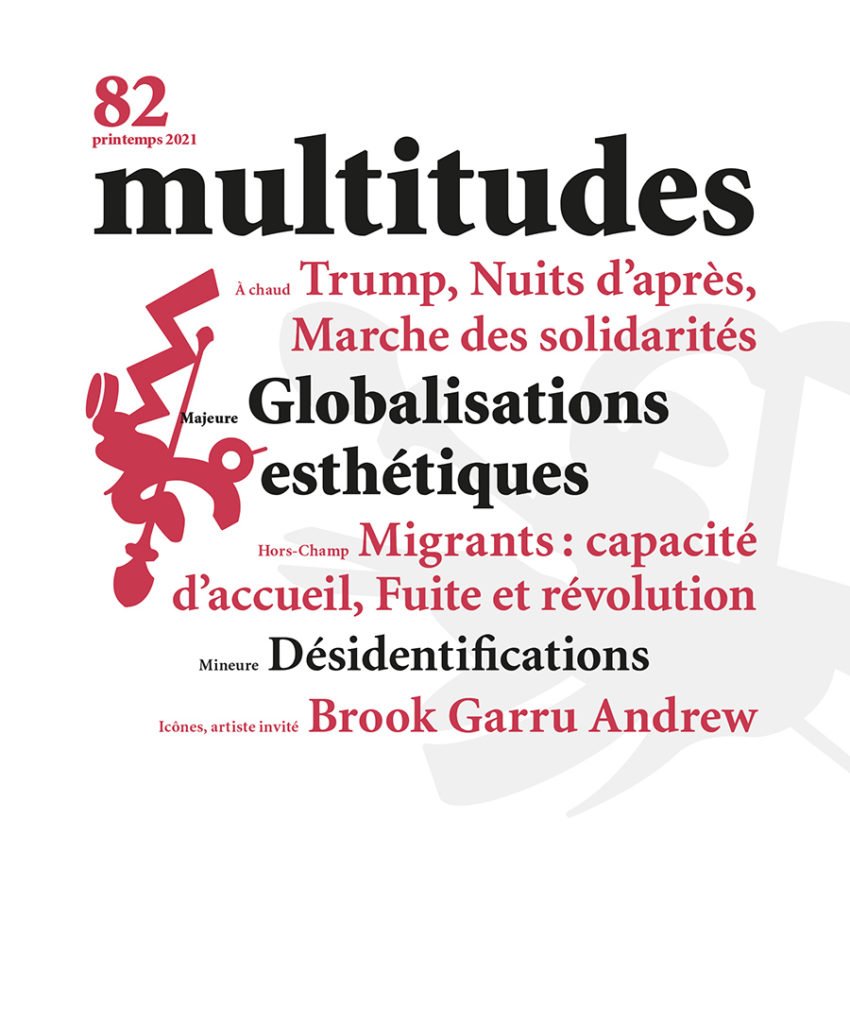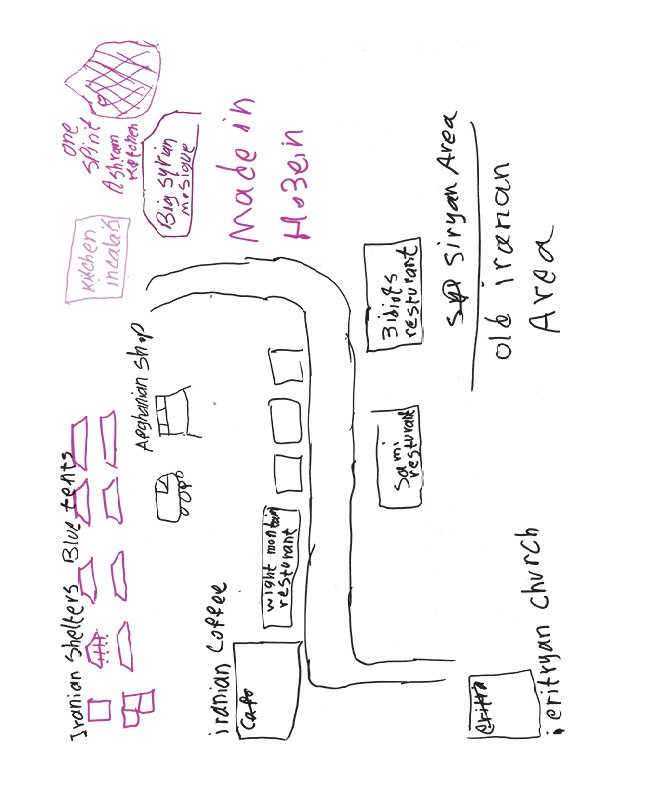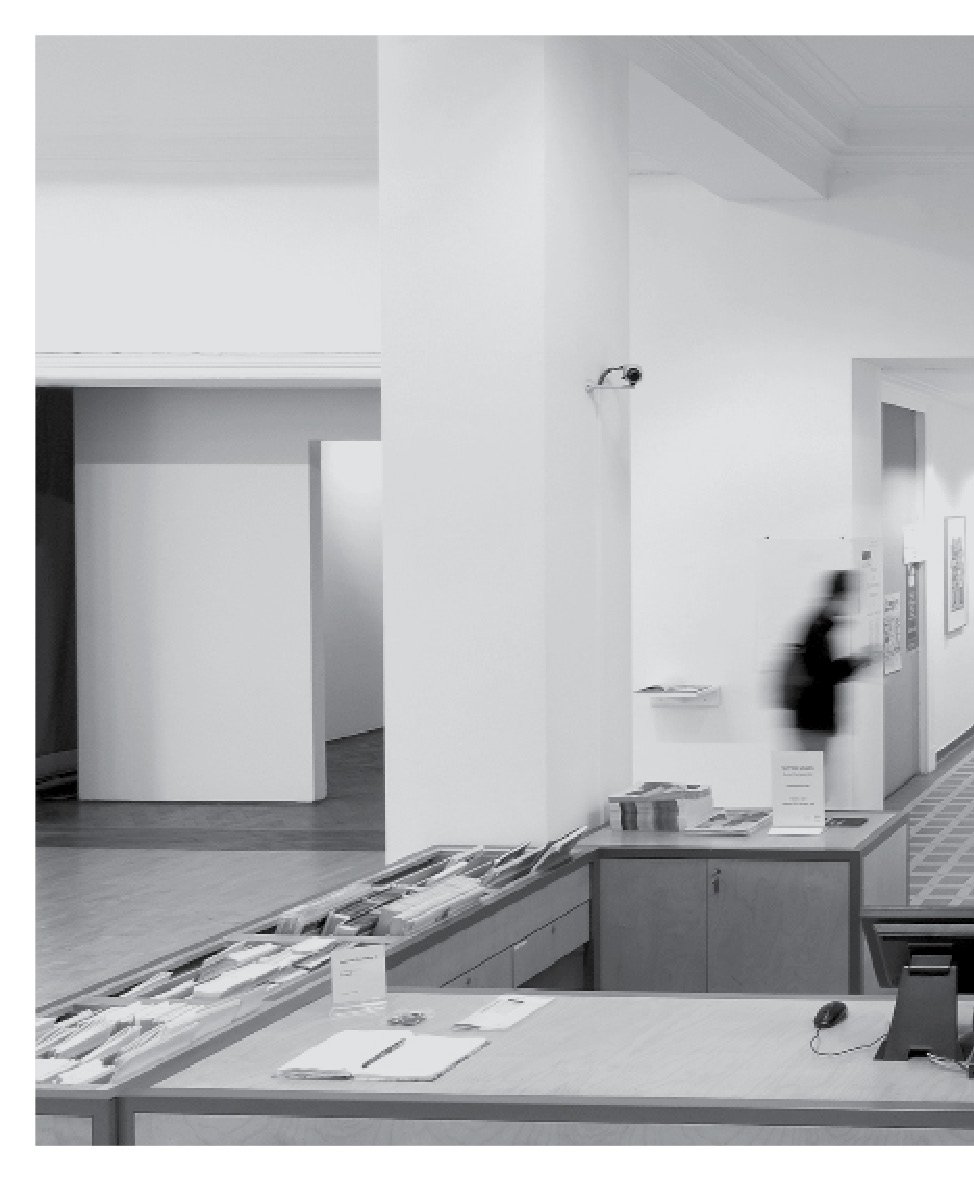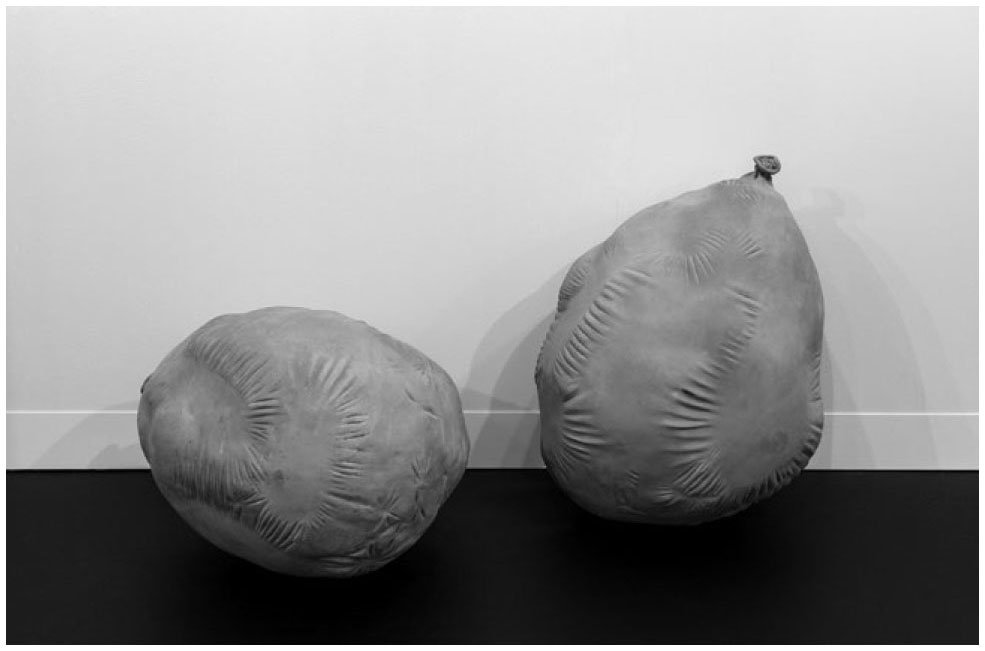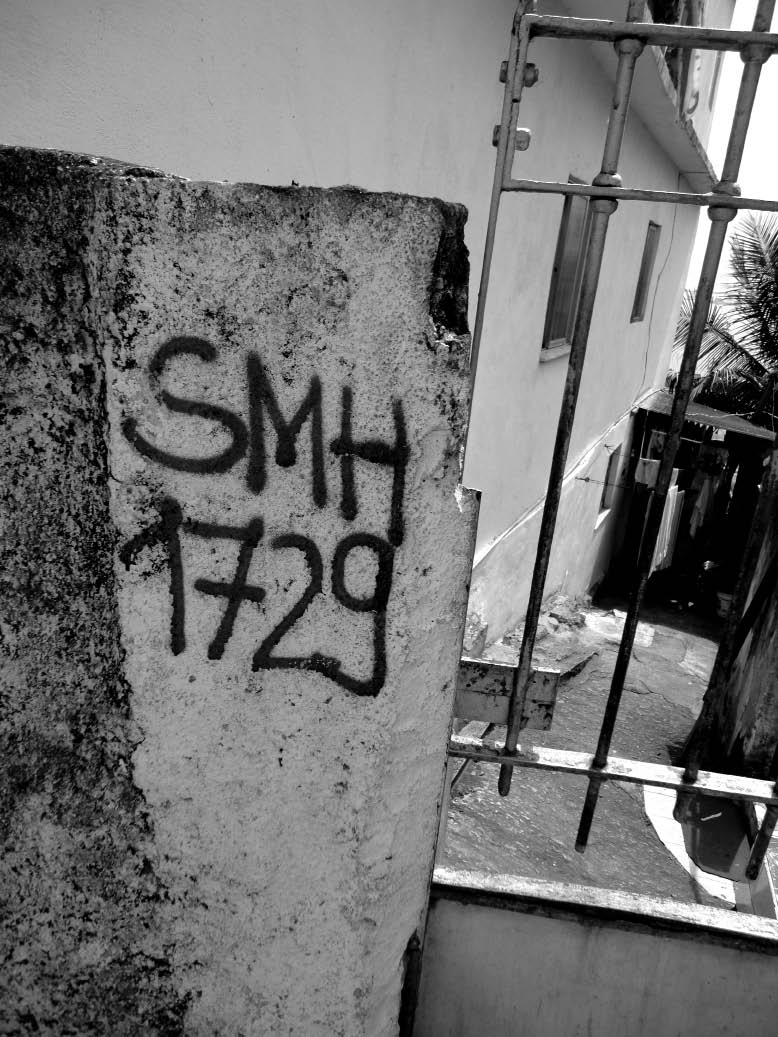La révolution poursuivie par la fuite
L’émergence d’un capitalisme financier et décentralisé questionne le schéma traditionnel de la lutte de classes tout en brouillant les traits d’un « ennemi » commun contre lequel il faudrait lutter. Le mouvement devient ainsi un atout essentiel de l’économie tandis que se fait jour un peu partout un enfermement progressif des populations, enfermement qui se traduit aussi par une vraie difficulté à concevoir des modes de vie alternatifs au niveau de l’imaginaire. Nous présentons ainsi quelques réflexions sur les avantage stratégiques existants à fuir à travers des exemples philosophiques, sociologiques et contemporains, dans l’objectif de tracer les contours théoriques d’un contre-pouvoir efficace au néolibéralisme.
The Fugitive Chase of the Revolution
The upbringing of a financial and decentralized capital, which multiplies centers of power and decisions, complicates the class struggle analysis by hiding the stated and recognizable opponent to fight against. Movement and flexibility become the main features of the modern economy whereas populations are progressively “confined” around the world, a fact that one can also see at a psychological level in the difficulties to imagine new politics and ways of life. Through philosophical, sociological and historical examples, we try to define escape as a new theoretical paradigm of social change and an efficient counter-power to neoliberalism.

